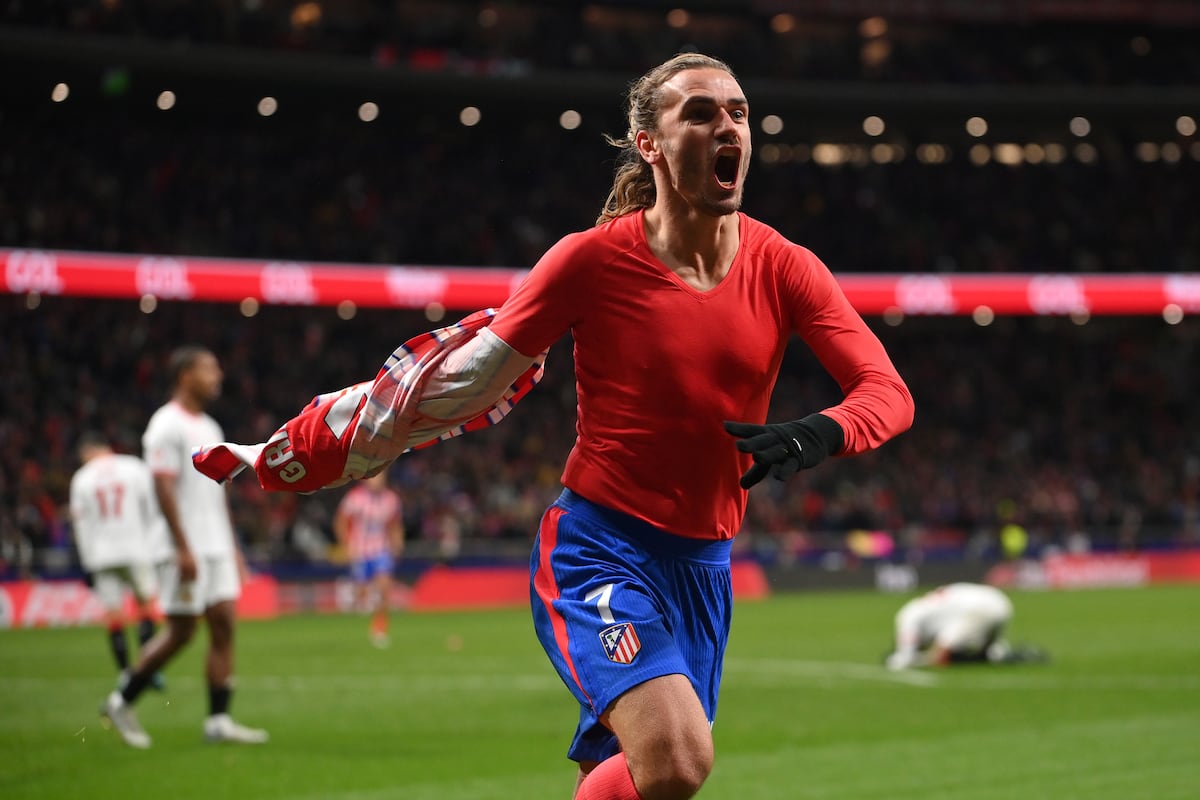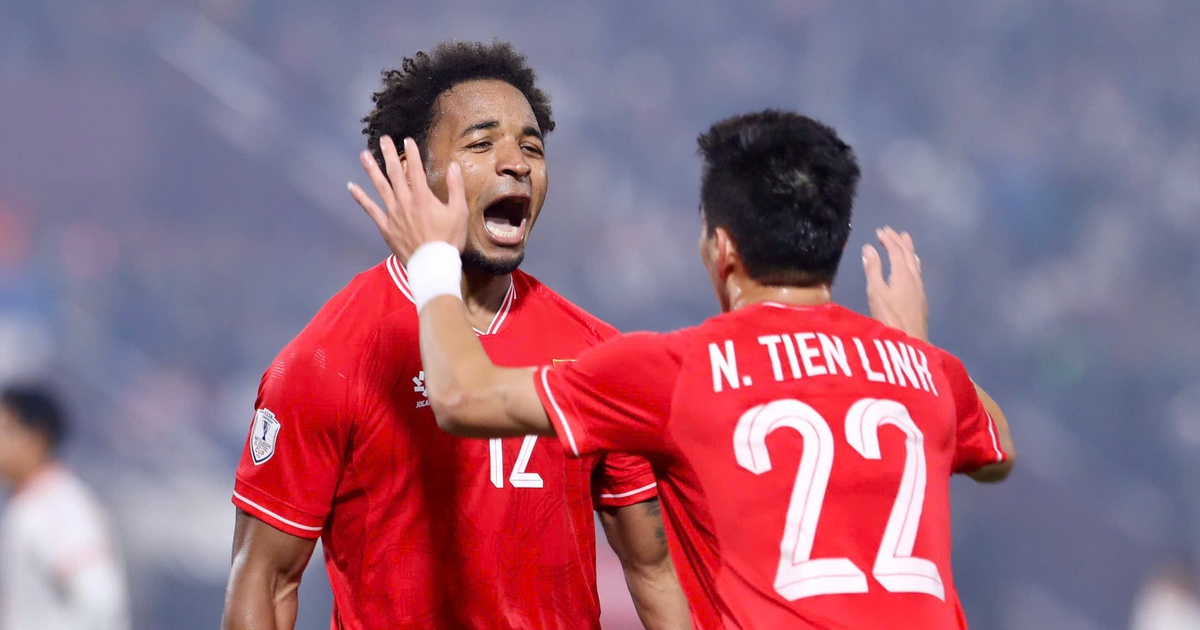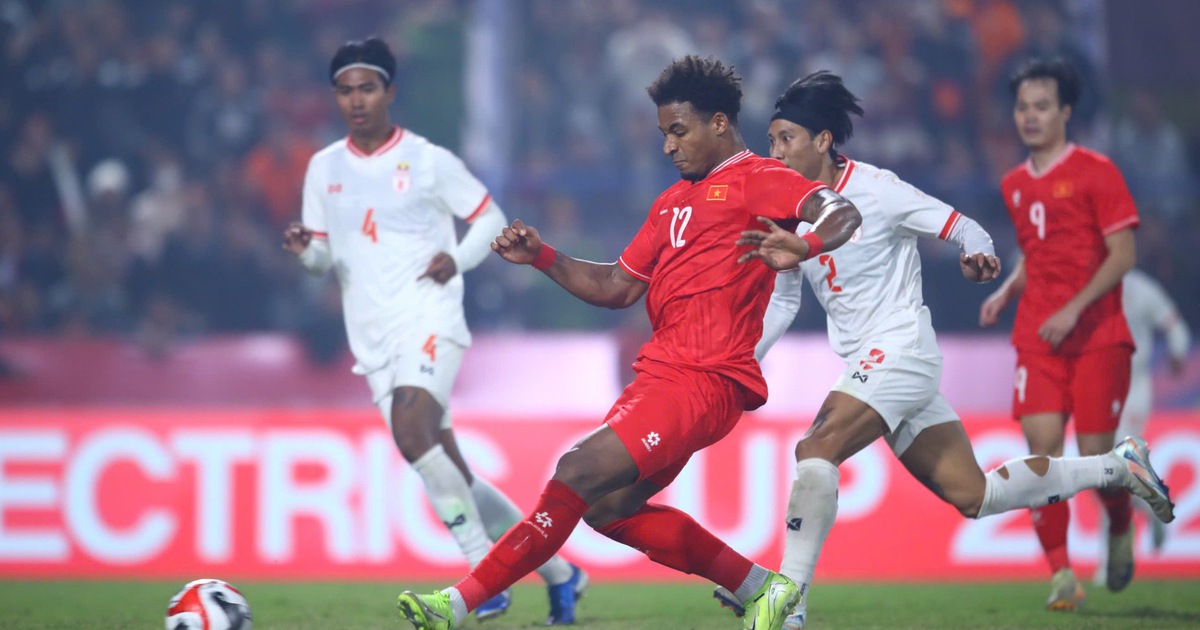Something strange is happening in the League. It is difficult to explain that Barcelona loses three consecutive games at home after a brilliant start; that Atlético de Madrid overcomes a 10-point deficit to take the lead; or that Real Madrid stumbles to be second with Mbappé more in tune. It’s not normal. The situation is so unusual that even the Athletic fans, currently the fourth in contention, dared to sing: “Let’s go for the League, oé!”, at the end of their team’s match at El Sadar. And despite the fact that last season their situation was better – fourth too and with 38 points, two more than this season – the distance in points with the first has been reduced by half: then ten, now five.
This data does not mean that those who chase the powerful have pushed harder than in other seasons, but rather that those who lead the championship have become more down-to-earth. It seems that the times in which to win the League had to be close to 100 points, or reach them, are far away.
In the 2009-10 campaign, Madrid added 96, a stratospheric figure, but finished second, because Barcelona reached 99 and only lost one game of the 38 at stake. Those numbers were repeated often in the following years. In 2011-12, Madrid finished champion with 100 points, the same as Barça the following season. Until the 2017-18 campaign, during nine consecutive championships, the winner added 90 points or more, but, in addition, on six occasions, the runner-up also reached that number. The inequality with the rest of the League was manifest.
However, since 2018 only once in the six leagues that have been completed did the champion exceed 90 points; Real Madrid from last season, with 95. Even in the 2021-22 season, the runners-up, Barça, finished with a modest number of points, 73, which in the last completed campaign would have taken them to fifth place.
Since the League awards three points to the winner of a match, the closest championship after matchday 18 has been that of the 2001-02 season. Deportivo was the leader, with 33 points, Real Madrid was second, with 32, and with 31 points there were three teams: Celta, Betis and Athletic. Furthermore, with 30 points, two others appeared, Alavés and Valencia. Seven teams separated by just three points just one day before the winter champion was decided. In the 98-99 season, Celta led with 34 points, followed by Mallorca, with 32; Barcelona and Real Madrid had 31 and Valencia, 30. In 2006-07, Sevilla was the leader with 37, Barcelona second with 36, Real Madrid had 35 and Valencia, 33.
Taking into account that in the current classification the leader, Atlético, and the second, Madrid, have played one less game than Barça and Athletic, and that, therefore, hypothetically, they could add three more points when the calendar is normalized, The projection of the data points to a champion reaching 86 points, which are what Simeone’s Atlético added to win its last League in the 2020-21 season.
Perhaps the most positive fact for the Colchonero club is that since their defeat against Betis, on October 27, they have not lost another game in either the League, the Cup or the Champions League. Of course, the fourth-placed Athletic, lost their last match three weeks earlier, on October 6 in Girona, from a penalty in stoppage time, after having missed three penalty kicks. Since then, their league career has been impeccable and in the Europa League, after drawing their first match at the Olympic Stadium in Rome, they have won the next five to co-lead the standings with Lazio.
The most disconcerting path is that of Barcelona, overwhelming in the first part of the championship, but which collapsed with a crash in recent weeks. What seemed like it was going to be a triumphant walk for Hansi Flick’s team has turned into a penance. Of the 11 victories in the first 12 days, with scandalous victories that are still reflected in the team’s scoring record – 51 goals, ten more than Madrid – it has gone to collapse. Since 1965, Barça had not lost three consecutive games at home. Then, Valencia, Atlético de Madrid and Zaragoza were the executors; This time, Las Palmas, Leganés and again Atlético were the ones who took advantage.
After the eleventh matchday, and after playing the early match against Mallorca for the Super Cup, Barça led Real Madrid, who lost to Athletic, by nine points and Atlético by 10, a difference that showed no signs of diminishing. But since those beginnings of November the team’s performance plummeted, until it now descends to third place.
Before playing against Atlético, Flick had a positive assessment of the data, but the defeat changed everything. “When we started the project, if they told us that we were first in the League and the Champions League now in December we would have signed it for sure,” he said. But it has gone down two steps and Athletic, which was then 14 points away, is two points away.
The biggest drawback for Flick’s team to fight for the League is the high number of defeats it has already accumulated. They have lost five games when, unlike Atlético and Real, they have already completed the first round of the championship. The limit of defeats that a champion has endured in the last 15 years has been six, precisely those that Xavi Hernández’s Barça added in the 2022-23 season, although Madrid’s performance that year was much worse and was left behind. 10 points. With five they won the title in 2015-16, with 91 points, one above Real. But in that period of three decades, three Leagues have been won with only one defeat for the champion, another three with two, three with three games lost and four with four defeats. Beyond six games without scoring, there are no close precedents. Since the League began, moreover, Atlético has only lost one, Madrid two and Athletic three.
Carlo Ancelotti, pragmatic, recognized before the last league match against Sevilla, the irregularity of his team in some phases of the first round, and congratulated himself for “having arrived at Christmas alive.” He analyzes the data and concludes that “it will be a more competitive League than in recent years. Atlético has all the resources to fight for her and they will do so. It will be entertaining. And you can win with less than 90 points.” Of course, from the red and white side there is no response to the words of the Madrid coach, because since Simeone’s arrival on the mattress bench the policy applied by the locker room is “game by game.”
“Obviously there is excitement because we are at the top,” says De Paul, but little else. “The League is very long. This match is not key. There are three points and there is a lot left at stake,” Oblak confessed after beating Barcelona in Montjuïc; “It was important to win, but there are two very big teams so we have to go game by game.”
At Athletic they are less cautious, or they are more excited about a rare situation in recent decades, but the Cup title has awakened ambition. “We can fight for the League,” says Iñaki Williams; and his partner Oihan Sancet corroborates it: “Have no doubt that we are going to fight for her.” Three plus one for the League.










